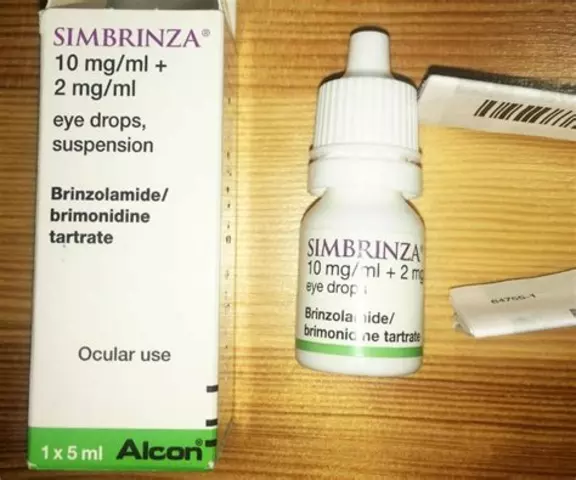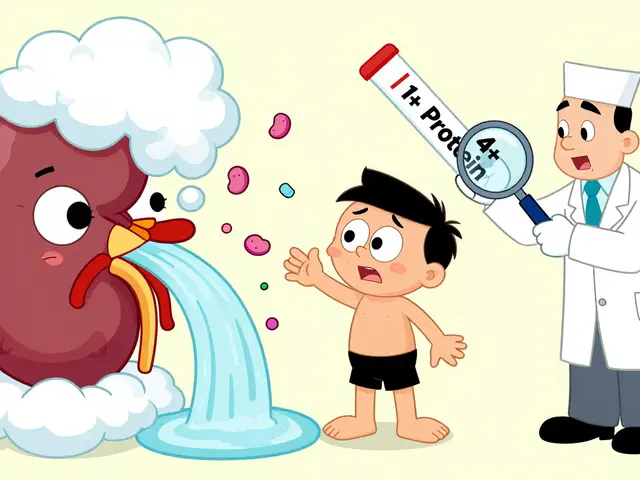Chronic gastroenteritis: what it looks like and what to do
If your belly troubles last for weeks or months instead of days, you could have chronic gastroenteritis. That simply means ongoing inflammation of the stomach and intestines. It can come from infections that won’t clear, medicines, autoimmune problems, or other gut conditions. The good news: many causes are treatable once identified.
Common causes and signs
Symptoms you’ll notice are loose stools or chronic diarrhea, cramps, bloating, weight loss, and sometimes low-grade fever. Causes include persistent infections (Giardia, some bacteria), long-term antibiotic use that upsets gut flora, NSAID damage, celiac disease, inflammatory bowel conditions, and small intestinal bacterial overgrowth (SIBO). Post-infectious irritable bowel can also mimic chronic gastroenteritis after a bad stomach bug.
Tests, treatment and simple steps you can take
Start with the basics: your doctor will usually order stool tests to look for bacteria, parasites, or C. difficile toxin. Blood tests check for inflammation, anemia, or celiac disease. If those don’t explain things, expect a colonoscopy or breath test for SIBO. Treatment depends on the cause — targeted antibiotics or antiparasitics for infections, dietary changes and enzyme replacements for intolerances, and anti-inflammatory or specialist care for autoimmune problems.
While you wait for results, hydrate and use oral rehydration solutions if you have ongoing diarrhea. Temporarily choose bland, easy-to-digest foods and avoid dairy if it makes symptoms worse. Small meals are kinder to an inflamed gut than big ones. Probiotics can help some people; look for strains with clinical support, and talk to your clinician before starting them.
Over-the-counter diarrhea medicines like loperamide can reduce urgency, but they don’t treat the underlying problem. If antibiotics caused the issue, stopping them and restoring gut balance often helps. For real improvement, work with your doctor to treat the specific cause found on tests.
What to tell your doctor: note how long symptoms have lasted, recent travel, antibiotic use, contact with sick people or animals, weight loss, and any blood in stool. Bring a food diary if you suspect triggers. These details speed up diagnosis and help pick the right tests.
Preventing repeat problems is often practical: wash hands well, avoid unsafe food and water when traveling, use antibiotics only when necessary, and limit NSAID use if they cause gut pain. Manage stress and sleep — both affect digestion more than you’d expect.
If you have high fever, severe pain, bloody stool, fainting, or rapid weight loss, get medical help fast. For ongoing but milder symptoms, get tested and follow a clear plan with your doctor. Treating the cause, adjusting diet, and restoring gut balance usually get you back on track.





